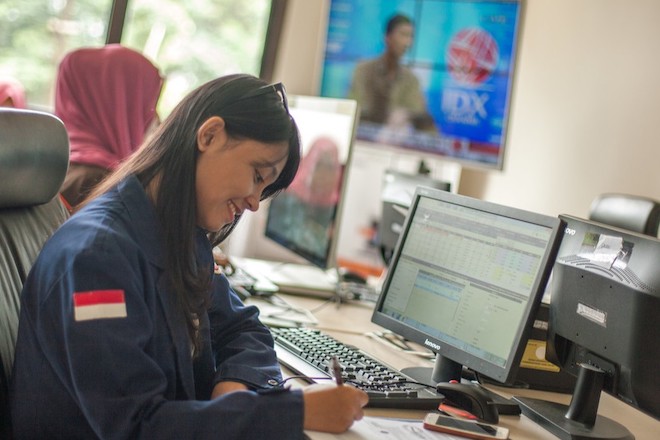
By making better use of big data, countries across Southeast Asia can enhance the delivery of key public services and speed up recovery from the COVID-19 pandemic.
An Asian Development Bank (ADB) study of five countries in the region shows that big data can support more than $100 billion worth of opportunities in healthcare, social welfare and protection, and education. The five countries are Cambodia, Indonesia, Myanmar, the Philippines, and Thailand.
“Big data and other technologies that build on it, such as artificial intelligence (AI), can play a transformative role in the public sector,” says the report. “In particular, in the response to the coronavirus disease (COVID-19) pandemic and the subsequent recovery, big data can generate unique insights and help public institutions stay on top of the wide range of challenges they are facing.”
What big data can do
In some parts of the region, big data applications are already helping design and calibrate measures to mitigate pandemic risks. For example, in the city of Makassar in Indonesia, a visual data platform called “ur-scape” is used to plot the data on a digital map to show how the COVID-19 virus is spreading. It helps urban planners to “identify ‘sweet spots’ and ‘stress points’ within a city”—data that can help guide land use policies, infrastructure development, and the allocation of resources.
ADB’s research shows using remote health monitoring systems could save Southeast Asian countries $9.4 billion annually by 2030 through reduced hospital visits, length of hospital confinement, and medical procedures.
Analyzing large amounts of raw data enables decision makers to make informed decisions. In healthcare, this means being able to target timely health interventions for vulnerable populations, which could reduce the economic burden of disease and lead to an increase of $15.5 billion in the gross domestic product (GDP) across the region by 2030.
The study sees the biggest contribution from big data applications that can make remote learning and online job matching more effective. This could give a $77.1 billion boost to GDP annually by 2030.
5 key opportunities
Healthcare, social welfare and protection, education were chosen for the study because of their importance in economic recovery and in building resilience to future pandemics and their relevance based on consultations with policy makers.
The report identifies five key opportunities for applying big data in these three sectors:
- Analyzing COVID-19 activity,
- Supporting vaccine rollout,
- Monitoring noncommunicable diseases,
- Targeting vulnerable populations, and
- Identifying skills gap.
It recommends seven areas of policy reforms to help capture these opportunities:
- Strategic governance,
- Data availability,
- Risk mechanisms,
- Human capital,
- Relevant technology,
- Data-driven culture, and
- ICT infrastructure.
Policy recommendations include drawing up digital roadmaps, improving technical infrastructure, and ramping up training to create a skilled workforce to lead the digital transformation.
This article was first published by BIMP-EAGA on 25 May 2022.

